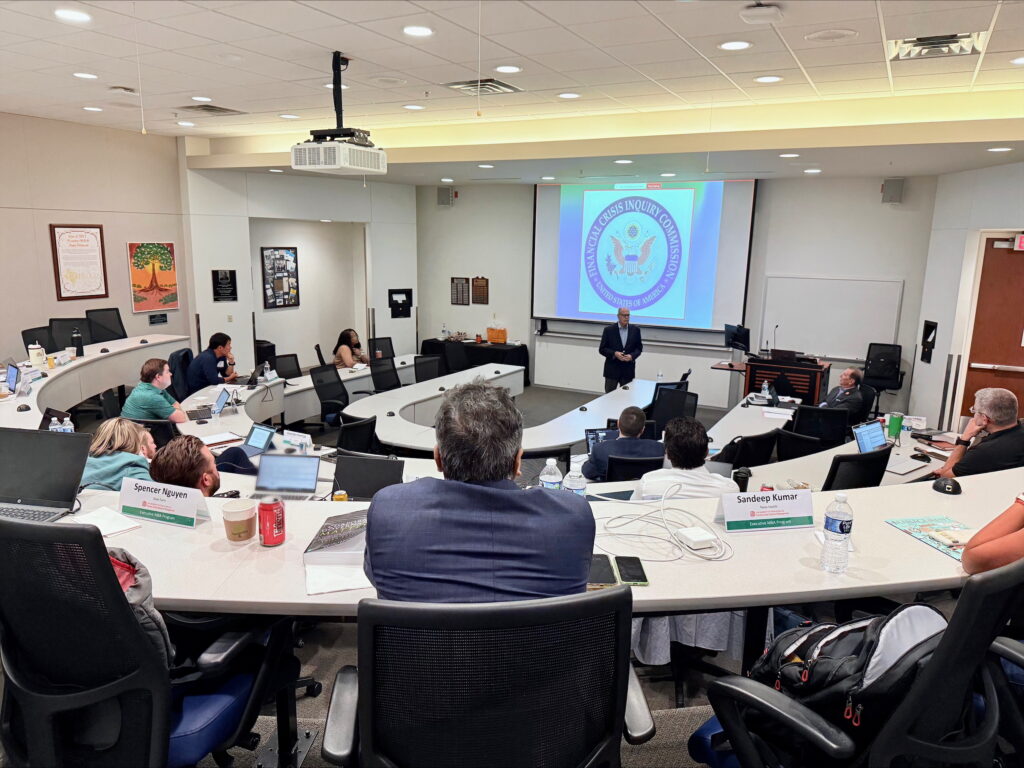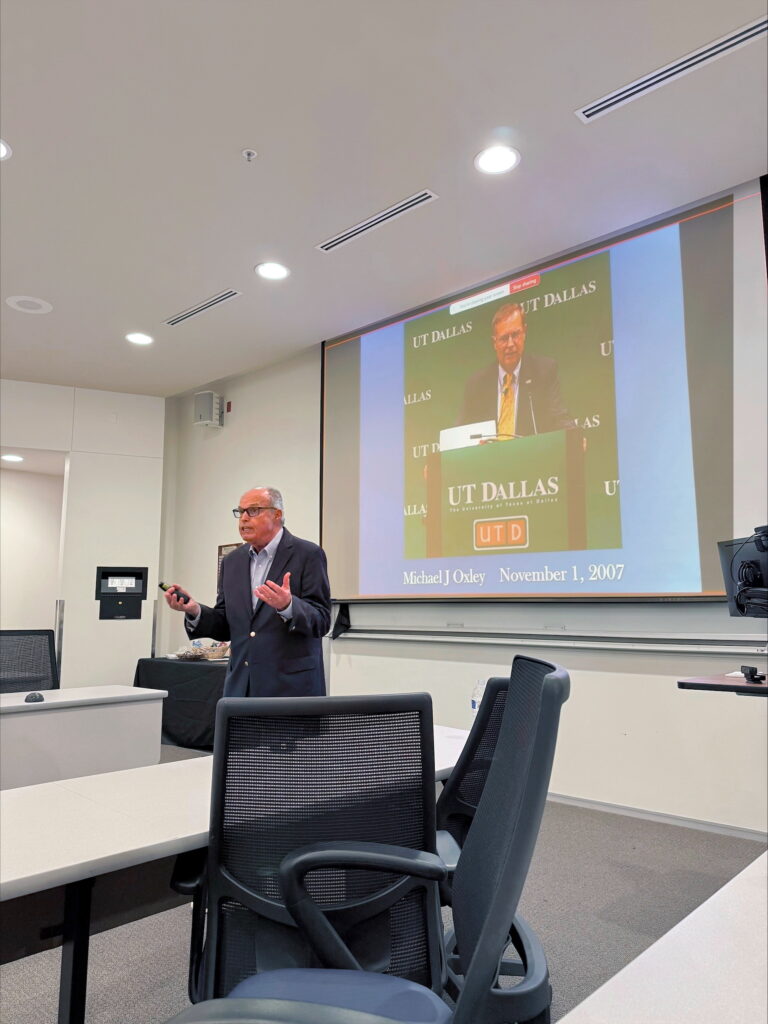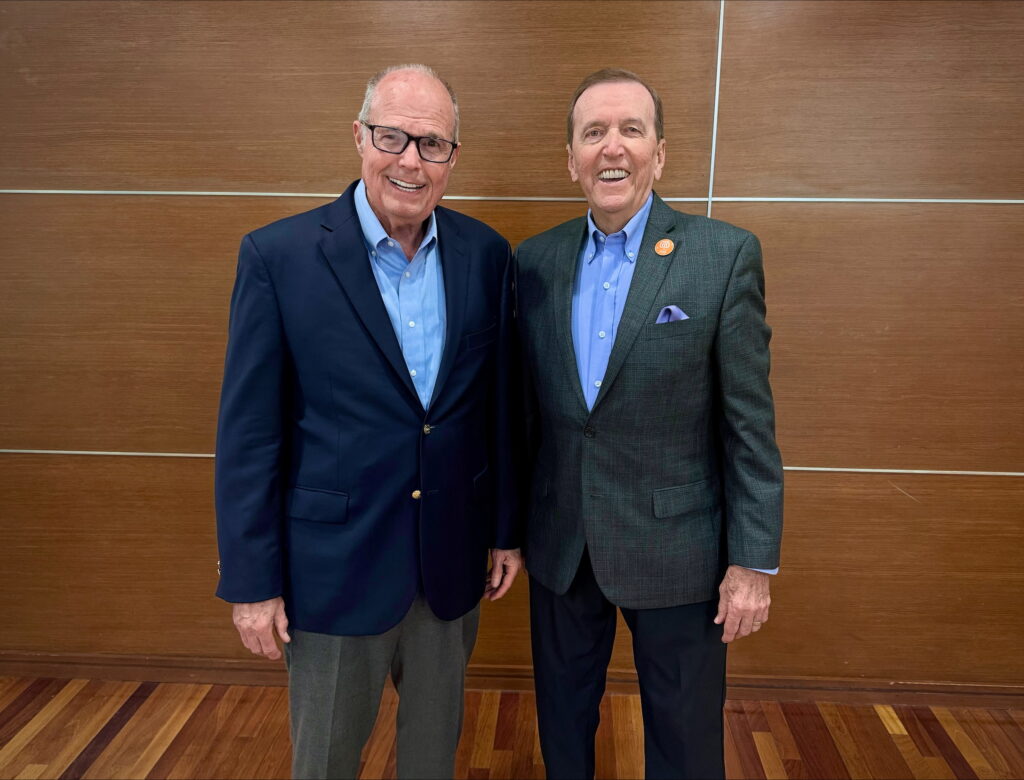
It was an absolute pleasure to speak to the Executive MBA class of 2026 at the University of Texas at Dallas recently. Students in this highly ranked program have an average of fifteen years of work experience in industry before earning their coveted EMBA graduate degree.

The students I addressed were taking Professor Ray Hemmig’s class, Current Trends in Board Governance. I spoke about the importance of ethics in the corporate environment and many of the lessons to be learned from my experience at Citigroup, which was the largest bank in the world going into the 2008 financial crisis.
We discussed how the lack of ethics at Citigroup and the other large banks caused the massive frauds which led to the financial crisis, with our government then covering up the true fraudulent behavior and bailing out the banks at the ultimate cost of trillions of dollars.
We discussed the Corruption Perceptions Index (CPI), which is calculated annually by Transparency International and ranks the 180 countries of the world from least corrupt to most corrupt. This most recent 2024 CPI listing, published in February, ranks the United States and the Bahamas tied for #28 in levels of corruption. That’s 26 countries in the world with less corruption than we have. And they noted that our country has continually slipped further down the list every year, dropping from #16 in 2015. A primary issue of concern in the USA’s increased corruption is the allowance of huge campaign contributions given by special interests to political campaigns.

We also had a good discussion about research identifying how one can determine if a business has an ethical corporate culture, and how absolutely important it is that employees must feel management values them, and that their feedback is important.
Through the in-depth interaction with these students, I saw how their significant work experience influenced their personal understanding of the importance that ethics play in the workplace and the extreme costs that unethical behavior can cause.

 Richard Bowen is widely known as the Citigroup whistleblower. As Business Chief Underwriter for Citigroup during the housing bubble financial crisis meltdown, he repeatedly warned Citi executive management and the board about fraudulent behavior within the organization. The company certified poor mortgages as quality mortgages and sold them to Fannie Mae, Freddie Mac and other investors.
Richard Bowen is widely known as the Citigroup whistleblower. As Business Chief Underwriter for Citigroup during the housing bubble financial crisis meltdown, he repeatedly warned Citi executive management and the board about fraudulent behavior within the organization. The company certified poor mortgages as quality mortgages and sold them to Fannie Mae, Freddie Mac and other investors.

